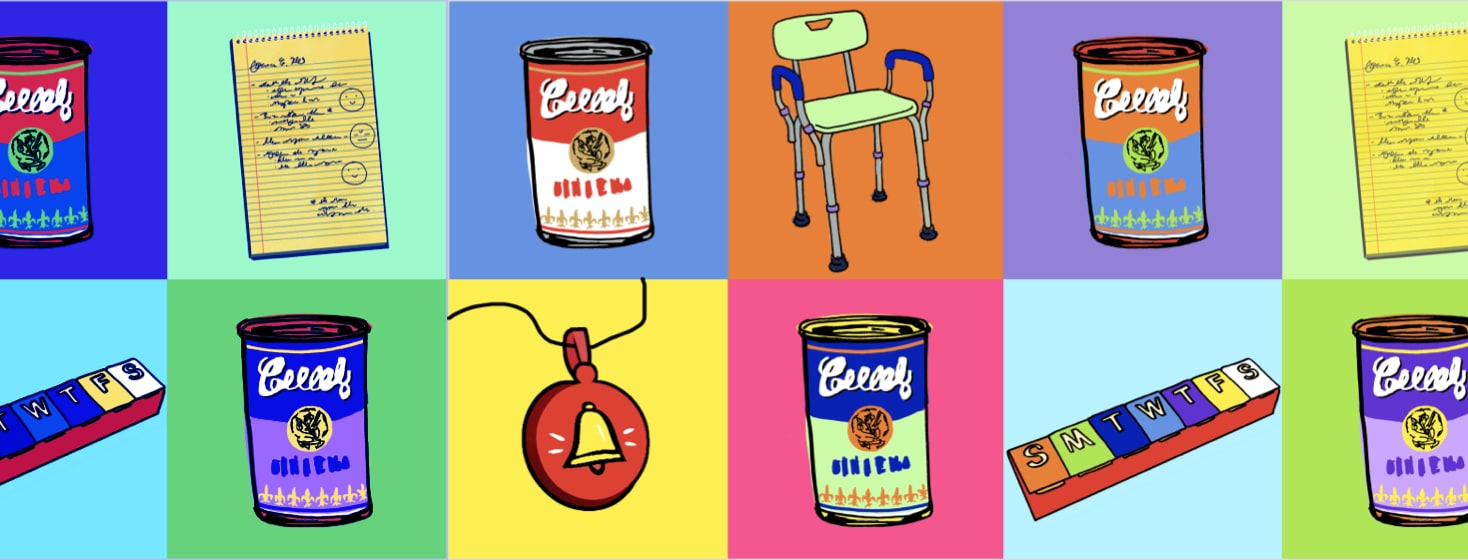7 Tips for Living Alone with Myasthenia Gravis
When when I was living alone with myasthenia gravis (MG), I encountered many challenges. Although I only took on this endeavor after my symptoms were somewhat under control with treatment, it was evident that having someone else around would have been beneficial, especially with the potential for an unexpected MG crisis.
Having a support system at home also provides emotional and practical assistance, making it easier to navigate the challenges that come with living with MG's muscle weakness and treatment side effects. On the other hand, living alone allowed me to embrace my values, such as independence and confidence, which sometimes feel diminished when living with others.
Tips for living alone with MG
When I lived alone with MG, I discovered methods to make it more manageable. I think it's essential to achieve a balance between maintaining independence and personal values and seeking support and help when necessary. The best part is that I have continued using these approaches to avoid losing my sense of self-reliance since living with others again. Here are some tips for living alone with MG that helped me.
1. Live on the bottom floor
When I was looking for an apartment, I made sure to find one on the first floor to accommodate my upcoming thymectomy surgery. Some of the necessary factors in my search included having easy access to my car and avoiding an apartment complex with limited parking where I would face far walks.
2. Have an emergency plan
I informed my family, friends, and neighbors about my emergency plan time and time again - and I would quiz them on it randomly. It's better to be annoying than to have regrets. Having a previous MG crisis helped me learn what to do if I notice signs of a crisis coming on again.
I still have the same emergency plan, even living with others. My plan entails that if someone receives a call from me and has difficulty understanding or hearing me or if I am slurring my words, they should recognize that it's a crisis and ensure that emergency services are coming to me. Or take me to the hospital instead if they are nearby.
3. Place writing pads in multiple areas of your home
During my experience with an MG crisis and frequent flares, I noticed that my speech becomes slurred or incomprehensible long before I lose the ability to write or type. To help with communication, I kept a writing pad and pen in different areas of my home, especially near my front door for visitors and when I went out in public.
4. Have an electric can opener
When I lived alone, the most important tool in my kitchen was an electric can opener. I could take my time getting around to washing dishes when the energy came, but I always prepared food when I was hungry since I struggled to gain weight since having MG. Canned soup and sides were often a compromise due to muscle weakness that limited my ability to cook.
5. Find sources of support
When I live with others, they comprise most of my support system. Dealing with MG has reduced my social life in many ways. Still, while living alone, I was able to find support through online groups and forums. I also made friends with neighbors who were great help during my thymectomy recovery. Connecting with others who have myasthenia gravis on social media made a huge difference. It helped me feel less isolated, especially since living alone made me prone to anxious thoughts for long periods.
6. Get a non-slip shower mat
When I was living alone, I would become overheated, feel lightheaded, or get weak during almost every shower. I would have to sit down in the tub to feel normal again. Without a non-slip shower mat, I would have slipped on likely numerous occasions.
7. Use a medication or pill organizer
I struggle with brain fog and would often forget to refill my prescription without someone to remind me. Using a pill organizer helps me keep track of my medication. It also informs me if I've taken my pill for the day, which I'm sure is a frustrating situation that many of you deal with.
An important safety measure to consider
There was one important safety measure that I neglected to employ: getting a medical alert device. Looking back, I realized I should have invested in a medical alert device. There was a potential for my hands to stop working before I could make any phone calls to those aware of my emergency plan. Even though I was confident that this instance would not happen, you never know, and I shouldn't have taken the risk.
Find the balance between independence and assistance
Building a support system, not overlooking safety measures, and finding ways to make practical things attainable are crucial aspects of living alone with MG. By sharing my experiences and tips, I hope to provide valuable insights for others navigating or reaching a point of living alone with MG. It's important to remember that while independence and self-reliance are empowering and important, accepting when we need to seek support and assistance is always a priority for our safety.

Join the conversation